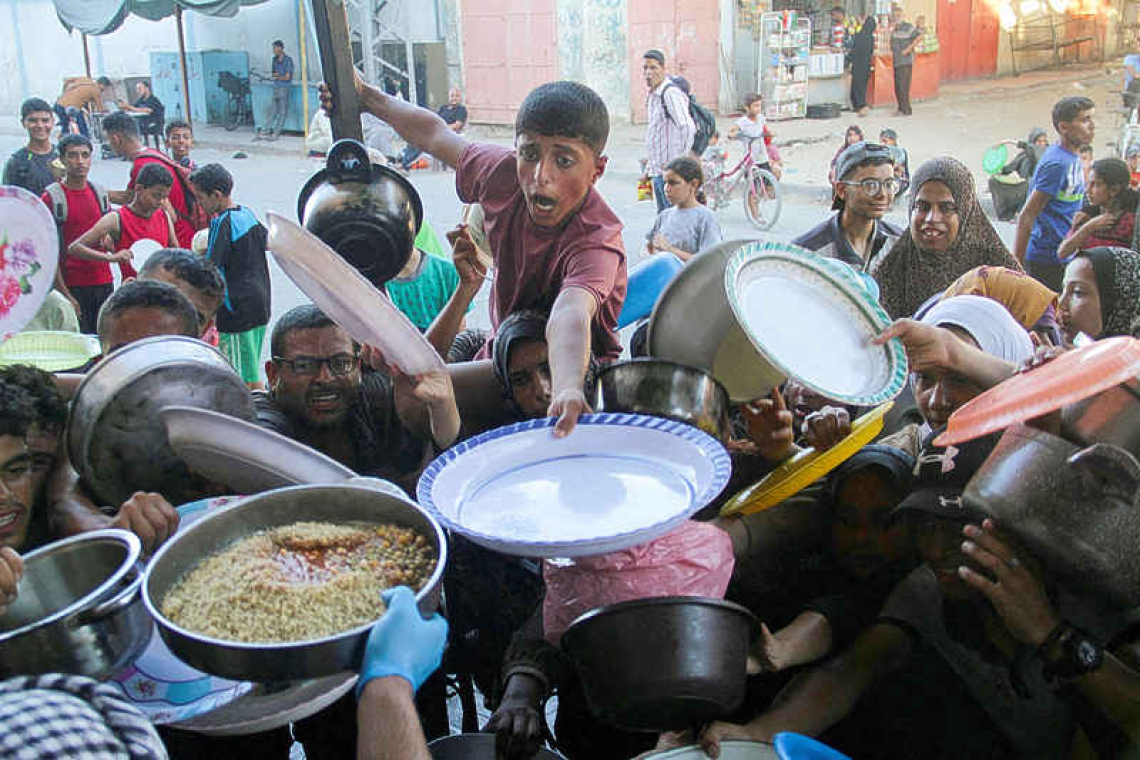NEW DELHI--Climate-driven shocks, coupled with scant finance and government action, will leave nearly 600 million people living in hunger by 2030, the head of the United Nations International Fund for Agricultural Development (IFAD) told The Thomson Reuters Foundation in an interview.
Speaking ahead of Wednesday's launch of IFAD's report on the global state of hunger and nutrition, the agency's president Alvaro Lario said that missing the U.N.'s Sustainable Development Goal of zero hunger by 2030 would lead to more forced migration, fewer new jobs and worsening conflict over resources, especially in regions with growing populations such as Africa. More than a third of the world's population – about 2.8 billion people – could not afford a healthy diet in 2022, the report said. Of those people, more than 70% live in low-income countries. The report pointed out that lack of improvement in food security and uneven access to healthy diets could lead to 582 million people being chronically undernourished by the end of the decade, more than half of them in Africa. "Urgent steps are needed if we want to really bring down the numbers of almost 600 million of chronically undernourished people by 2030," Lario said, adding, "the reality is we know how to do it, it's just a matter of political will." Findings of the IFAD report will inform the agenda of the currently ongoing G20 ministers' meeting in Brazil to discuss issues of hunger and poverty. The IFAD chief told The Thomson Reuters Foundation that floods, droughts and high temperatures driven by climate change are exacerbating hunger and malnutrition around the world. He also blamed the lack of infrastructure to cope with climate shocks, debt-ridden economies and large gaps in climate finance for food production, storage and distribution. This could hamper the U.N.'s new plan, presented at COP28 last year, to end hunger and malnutrition without breaching the Paris Agreement goal of limiting global warming to 1.5 degrees Celsius. Food systems - including growing methods, fertilisers, storage, transportation and waste - account for nearly a third of greenhouse gas emissions worldwide. At COP28 last year, the U.N. plan, for the first time, addressed emissions from how the world grows and consumes food. This brought attention to the idea of a "just transition" in agriculture, and support for farmers in moving to more climate-friendly ways of growing food. Small-scale producers feed more than 70% of the world's population, but account for less than one-third of agricultural land and resources.







